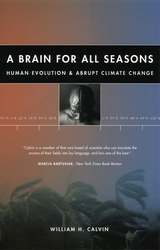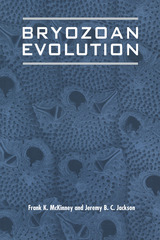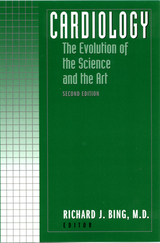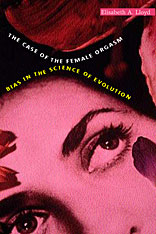Cloth: 978-0-674-50948-1
Language and Perception lays foundations for a new branch of the psychological sciences—psycholexicology, the psychological study of the meaning of words. Although the basic argument is psychological, George Miller and Philip Johnson-Laird also draw on current work in artificial intelligence, linguistics, philosophy, and social anthropology. Their closely argued and lucid treatise will stimulate specialists in many fields to questions their assumptions and broaden their thinking about semantic problems.
Miller and Johnson-Laird explore an approach to word meaning that is procedural in orientation. The meaning of a word is construed as a set of mental procedures necessary to employ the word appropriately and respond sensibly to its use by others. Since the appropriate use of many words depends on a perceptual assessment of the situation to which the word applies, the authors begin by considering human perception in terms of the perceptual tests that it can apply to the environment.
As the argument advances, however, Miller and Johnson-Laird observe that the meaning of many words depends on functional as well as perceptual attributes and on the place that the word occupies within a system of conceptual relations between words. Ultimately, Miller and Johnson-Laird contend that perception and language are related only indirectly as alternative routes into a vastly complex conceptual world. Something of the shape of that world is inferred from the basic concepts that are important enough to be incorporated into the meanings of English words.
See other books on: Cognitive Psychology & Cognition | Johnson-Laird, Philip N. | Language | Perception | Psychology
See other titles from Harvard University Press












